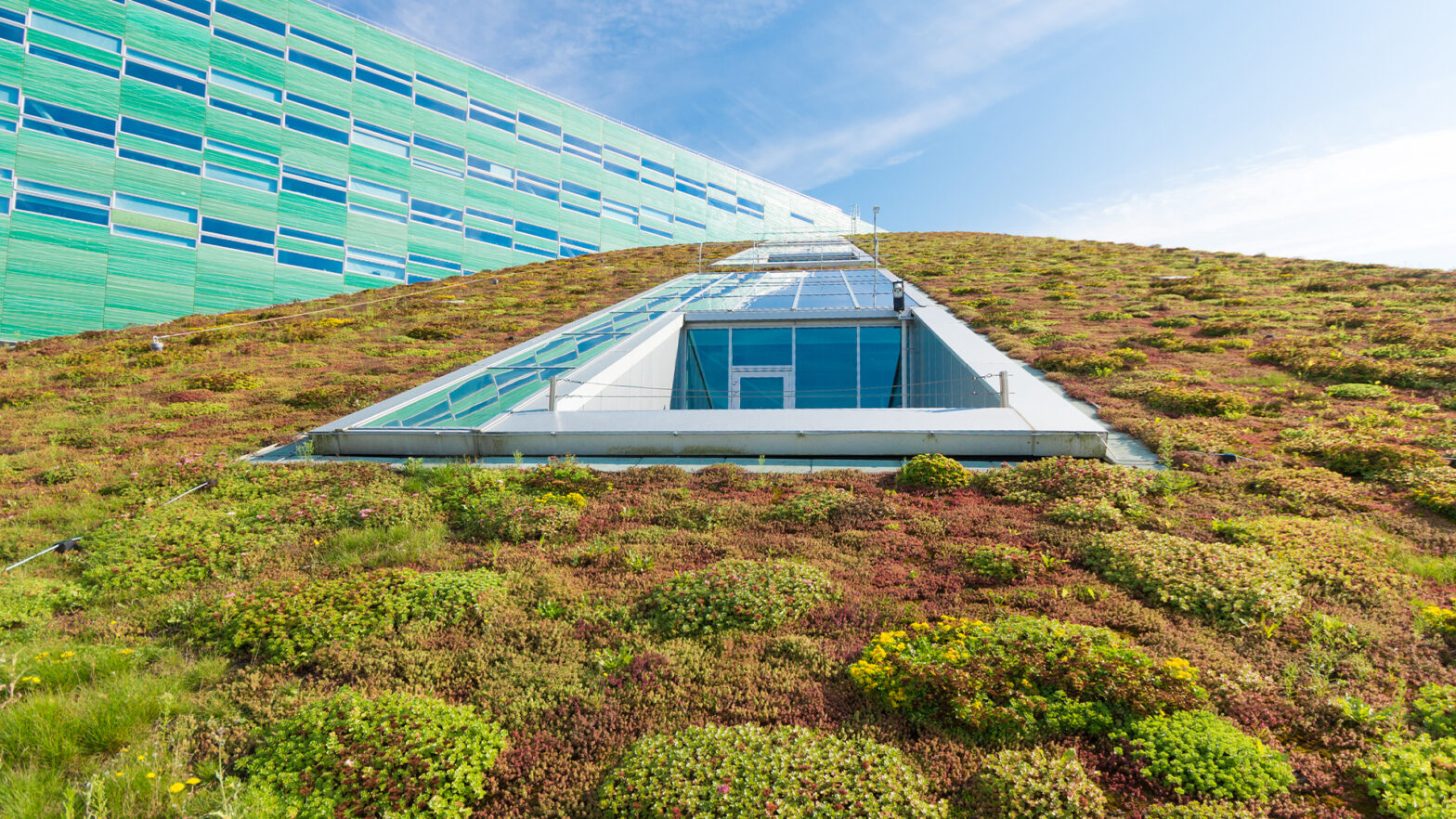In today’s world, sustainability is no longer a niche concern – it’s a driving force. Businesses are recognizing the importance of environmental responsibility, social good, and long-term economic viability. This shift creates a wealth of opportunities for those passionate about building a future where we can thrive.
In this blog, we will share a roadmap to help you navigate your journey towards a fulfilling career in sustainability.
1. Explore Your Passion Within Sustainability
Sustainability is a vast field. It encompasses everything from renewable energy and resource management to ethical supply chains and social justice. Take some time to delve into different areas and discover what sparks your enthusiasm. Are you drawn to the technical aspects of clean energy solutions? Perhaps you’re fascinated by the intricate dance between economic development and environmental protection.
2. Identify Your Transferable Skills
Even if your current background isn’t directly related to sustainability, you likely possess valuable skills that can translate. Are you a strong communicator who can build relationships and advocate for change? Do you have a knack for data analysis or project management, essential for measuring and tracking progress towards sustainability goals? Identifying your transferable skills will help you see how you can contribute to the sustainability sector. Perhaps you have a background in marketing and can use your skills to promote sustainable practices.
3. Deepen Your Knowledge
Formal education can equip you with the specific knowledge and tools needed to excel in sustainability. Numerous universities offer bachelor’s and master’s degrees in environmental science, sustainable business, and related fields. These programs provide a comprehensive understanding of sustainability principles, covering areas like environmental policy, life cycle assessment, and corporate social responsibility.
Consider exploring sustainability masters programs online if flexibility is important to you. These programs offer the same depth of knowledge as traditional programs but can be tailored to fit into your busy schedule. Many online programs offer asynchronous learning, allowing you to study at your own pace, and often provide opportunities to connect with instructors and classmates virtually.
4. Stay Up-to-Date on Sustainability Trends
The field of sustainability is constantly evolving. New technologies emerge, regulations change, and consumer preferences shift. Staying ahead of the curve is crucial for a successful career in this dynamic sector. Subscribe to sustainability publications. Attend industry webinars and conferences to learn about the latest trends and innovations. Follow thought leaders on social media platforms like LinkedIn and Twitter to gain insights from sustainability experts.
5. Build Your Network
Building strong relationships with professionals in the sustainability sector can be invaluable. Networking allows you to learn from others’ experiences, gain insights into different career paths, and potentially discover job opportunities. Connect with people on LinkedIn, join online sustainability communities, and attend industry conferences. Don’t hesitate to reach out to people whose work inspires you – you might be surprised how receptive they are to connecting and offering guidance.
6. Gain Practical Experience
While academic knowledge is crucial, hands-on experience is equally important. Look for volunteer opportunities with NGOs working on environmental projects like clean water initiatives or conservation efforts. Consider internships with sustainability-focused businesses. Even incorporating sustainable practices in your daily life showcases your initiative and commitment.
7. Craft a Compelling Sustainability Resume and Cover Letter
Your resume and cover letter are your first chance to impress potential employers. Make sure to highlight your relevant skills and experience for each job you apply for. Focus on what you have achieved and the contributions you have made, using strong action words and measurable results whenever you can.
For example, if you volunteered with an NGO on a project to reduce energy use in local communities, mention the percentage of energy saved. In your cover letter, don’t just repeat what’s on your resume. Show your passion for sustainability and explain your understanding of the company’s sustainability goals.
8. Prepare for Sustainability Job Interviews
Preparation is key to a successful job interview. Research the company beforehand, paying close attention to their sustainability initiatives and goals. Be ready to articulate your motivations for pursuing a career in sustainability and how your skills can contribute to their specific goals.
Anticipate common sustainability interview questions like “Why are you interested in sustainability?” or “Describe a time you demonstrated environmental responsibility.” Prepare clear and concise answers that showcase your knowledge, passion, and problem-solving abilities.
9. Think Outside the Box
Don’t limit yourself to traditional job titles like sustainability manager or environmental scientist. Remember, sustainability is integrated into many aspects of business. Explore opportunities in marketing, finance, or human resources with a sustainability focus.
For example, you could pursue a career in sustainable marketing, helping companies develop marketing campaigns that promote eco-friendly products and services. Or, you could explore opportunities in sustainable finance, where you could work on projects related to green investments or impact investing.
10. Leverage Your Online Presence
In today’s digital world, having a strong online presence is essential for any job seeker. Build an online portfolio showcasing your sustainability knowledge. Share articles, blog posts, or even create videos about sustainability issues that interest you.
Platforms like LinkedIn and YouTube offer excellent opportunities to share your knowledge and connect with others in the field. Actively participate in online sustainability communities, engaging in discussions and offering your insights.
Conclusion
Building a career in sustainability requires dedication, continuous learning, and a proactive approach towards new opportunities. By staying informed about the latest trends and innovations in the field, professionals can contribute meaningfully to environmental and social progress. The path to a successful career in sustainability involves not only acquiring the necessary skills and knowledge but also cultivating a genuine passion for making a positive impact on the world.
As the demand for sustainable practices grows across various industries, those committed to this field can find numerous ways to influence change and drive progress. Collaboration with like-minded individuals, organizations, and communities can amplify efforts and create a ripple effect of positive change.
































